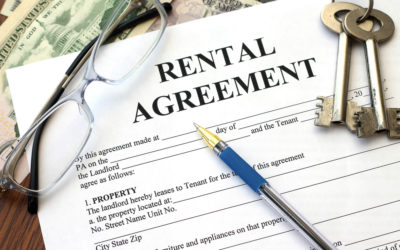 As published in CK Momentum Issue 7 (Click here to download)
As published in CK Momentum Issue 7 (Click here to download)
Congratulations! You are ready to start scaling your business and take on your first commercial lease! Now comes the negotiations with the landlord on the commercial terms of lease. Here we list some tips and traps that could be the difference of thousands of dollars over the life of the lease.
1. RENT REVIEW
So you have negotiated the first year’s rent with the landlord, but have you considered what the rent will be over the life of the entire lease?
Rent is usually reviewed annually in line with a fixed percentage or CPI. However, for longer term leases over 5 years or leases which have a renewal term, the rent may also be reviewed to market every few years or on the commencement of the further term.
This means those years where the rent is reviewed to market (which usually results in rent increasing) then the rent will be increased by the annual percentage and by the “market review”. A double whammy of rent increases.
A way to avoid this “rent shock” is to agree with the landlord, the specific dates and methods of each rent review.
2. SECURITY DEPOSIT/BANK GUARANTEE
The amount of security or bank guarantee required by the landlord is usually calculated by reference to the number of months of rent over the life of the lease plus outgoings and GST. While this may sound harmless, it means you will be required to “top up” the security deposit or bank guarantee whenever the rent is reviewed or the outgoings budget changes.
The cost of arranging for new/replacement bank guarantee can sometimes be more than the top up amount required. For this reason, a fixed security amount should be negotiated, or at the very least you should only be required to top up the security deposit or bank guarantee if you take up a further term.
3. OUTGOINGS
We all know that there are 2 major types of rent:
- GROSS RENT is where a tenant is only required to pay the rent when due.
- NET RENT where in addition to paying the rent when due, the tenant must also pay for its proportion of the all other outgoings (ie rates, common area maintenance, land tax, etc).
Naturally, the tenants’ preference is for a gross rent. However, there is a middle ground. It is dubbed as a “semi gross lease”, whereby the tenant is only responsible for its proportion of any increases to the amount of outgoings set in the first year. For example if the outgoings in year one are set at $50m but in year 2 the expenses go up to $65m2, the tenant’s contribution to outgoings in year 2 is only $15m2.
Therefore, instead of paying thousands of dollars (or even tens of thousands of dollars) in outgoings, over and above the rent you are already paying to the landlord, a semi gross lease will mean that the amount of your outgoings contribution in the later years of the leased term will only be a fraction of the actual outgoing for the premises.
We hope the above pointers can help you save any unnecessary heartaches or expenses over the life of your new lease. Stay tuned for more lease tips on other cost saving tips.


